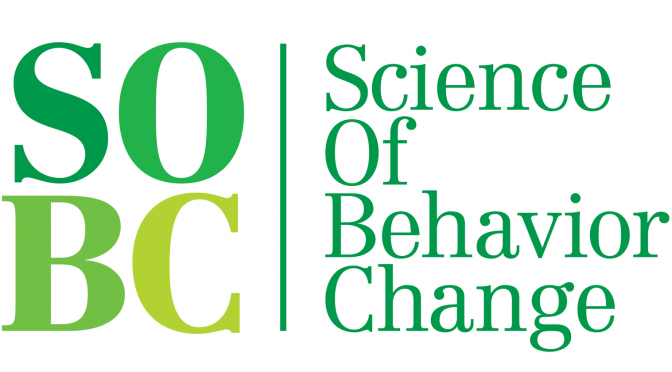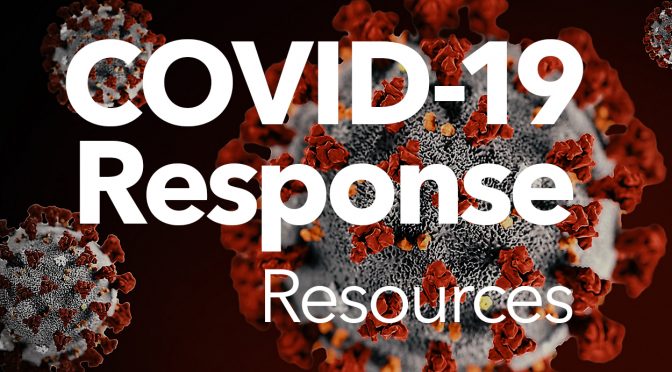
Recording | Lisa Marsch, PhD Presents: Digital Therapeutics for Health Behavior Change: The State of the Science
Presentation recording here.
Lisa A. Marsch, PhD is the Director of the Center for Technology and Behavioral Health (CTBH), the Director of the Northeast Node of the National Drug Abuse Treatment Clinical Trials Network, and the Andrew G. Wallace Professor within the Geisel School of Medicine at Dartmouth College. CTBH is an interdisciplinary “Center of Excellence”, supported by the U.S. National Institute on Drug Abuse, that uses science to inform the development, evaluation, and sustainable implementation of digital therapeutics (that leverage web, mobile, sensing and/or social media approaches) in the treatment of persons with substance use disorders and other behavioral health challenges. These tools are designed to deliver engaging and effective health monitoring and health behavior interventions to collectively lead to transformations in the delivery of science-based behavioral health treatment.






